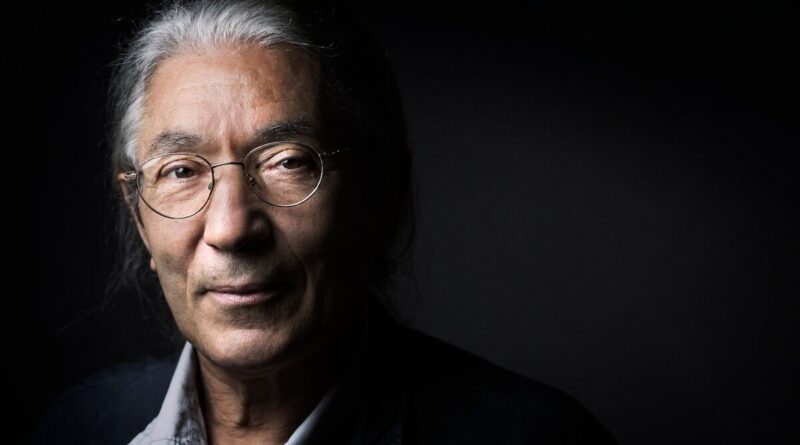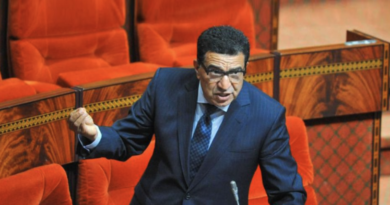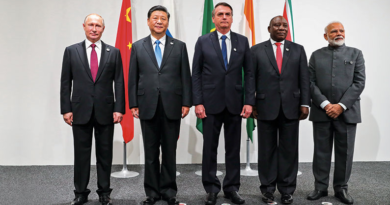Sansal: A Writer in the Crosshairs of Algerian Politics
The arrest of Boualem Sansal, a 75-year-old French-Algerian novelist, has ignited international concern and cast a spotlight on the escalating tensions between Algeria and France. The Writer Sansal was detained in Algeria marking a volatile mix of politics, diplomacy, and freedom of expression in a region grappling with its historical and contemporary challenges.
A Life of Literary Defiance
Boualem Sansal’s journey as a novelist began at age 50, when he published his first book, The Oath of the Barbarians. The novel, a sharp critique of Islamic fundamentalism and government repression, cost him his engineering job with the Algerian government but established him as a fearless voice in literature.
While his works have made him a celebrated figure abroad, particularly in France, they have also ostracized him in Algeria, where his outspoken views on authoritarianism and fundamentalism have drawn ire. Despite the tension, Sansal had avoided imprisonment—until now. His arrest marks a stark escalation, highlighting the increasingly precarious position of intellectuals and writers in Algeria.
The Arrest and Its Political Implications
Sansal’s recent detention upon returning to Algeria has drawn scrutiny not only for its suddenness but also for its timing. He was charged with “endangering the nation,” a broad accusation believed to be linked to his comments on the Western Sahara dispute. Sansal suggested that French colonization benefited Algeria by preventing Morocco from reclaiming the territory, aligning his remarks with recent French support for Moroccan sovereignty over the region.
This sensitive issue comes amid strained Algerian-French relations. Algeria severed diplomatic ties with Morocco in 2021 over the disputed territory, and France’s alignment with Morocco has further inflamed tensions. Sansal’s arrest appears to be a flashpoint in this larger geopolitical conflict, with some interpreting it as a retaliatory move against France.
French President Emmanuel Macron, who had personally attended Sansal’s citizenship ceremony earlier this year, expressed concern over the detention. However, French officials have remained tight-lipped about their diplomatic efforts, emphasizing discretion in managing the situation.
Escalating Repression and Global Outcry
Sansal’s case has amplified concerns over Algeria’s growing crackdown on dissent. Under President Abdelmadjid Tebboune, the country has tightened its grip on journalists, activists, and intellectuals, with dozens reportedly imprisoned. Critics argue that this authoritarian turn is aimed at stifling dissent following the mass protests that ousted the previous president in 2019.
The literary and global communities have rallied behind Sansal. Prominent figures, including Nobel laureates and authors like Salman Rushdie, have signed letters decrying his detention and highlighting the broader repression faced by Algerian intellectuals. They have called for international attention to what they describe as “editorial terrorism” targeting writers and publishers in Algeria.
Meanwhile, Algerian state media dismissed the criticism as part of a “hateful current against Algeria” and labeled Sansal a “puppet of anti-Algerian revisionism.” This rhetoric reflects the regime’s broader narrative of framing dissent as a threat to national security.
Sansal’s lawyers in Algeria have met with him, reporting that he is in good spirits despite his detention. They plan to seek bail, but the case remains a litmus test for Algeria’s trajectory and its handling of free expression.



